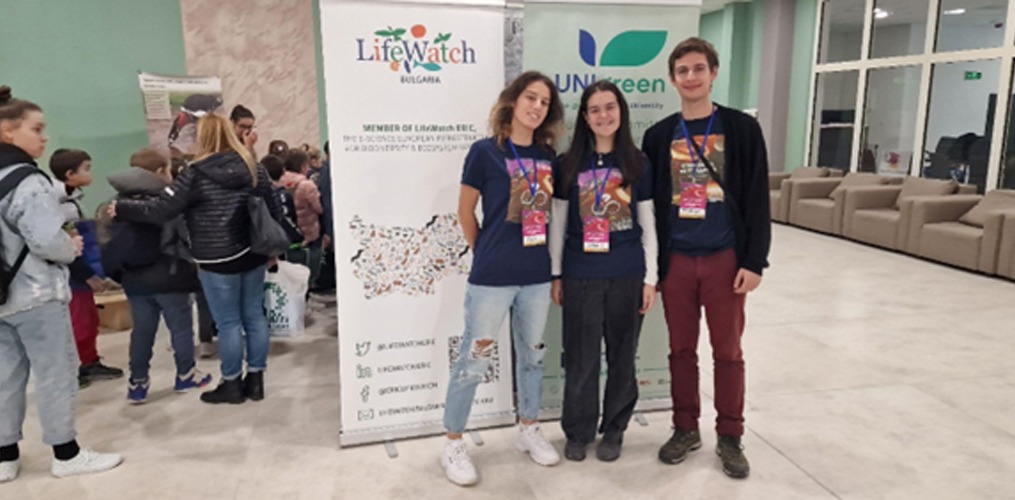
LifeWatch Bulgaria participated in the first edition of the Plovdiv Science Festival, from November 23 to 26. The festival was held at Plovdiv’s newly inaugurated Research Center for Plant and System Biology and Biotechnology. This venue was ideal for a festival that promotes scientific knowledge and encourages collaboration among researchers and scientists. LifeWatch Bulgaria was there to support environmental research and to showcase the commitment to pursuing scientific excellence.
The festival’s organiser is the Beautiful Science Foundation, with the support of the Agricultural University Plovdiv and Green Balkans. Collaborations and partnerships also included the Bulgarian Ministry of Education and Science, the Municipality of Plovdiv, and the National Bank of Serbia. Also, the support came from several non-governmental organisations, academic institutions, corporate entities, international collaborators, and media partners.
The festival tackled topics like protecting the climate and preserving biodiversity, specifically rare and protected bird species. Participants enjoyed informative discussions and presentations addressing critical environmental sustainability issues.
LifeWatch Bulgaria participated in the Plovdiv Science Festival to showcase its contribution to facilitating the exchange of scientific data and promoting international cooperation in scientific research. The festival provided scientists, researchers, and environmental enthusiasts a platform to network and explore opportunities. The Bulgarian National Node of LifeWatch ERIC highlighted the importance of working together to address global environmental issues and promoting responsible management of the planet’s diverse life.